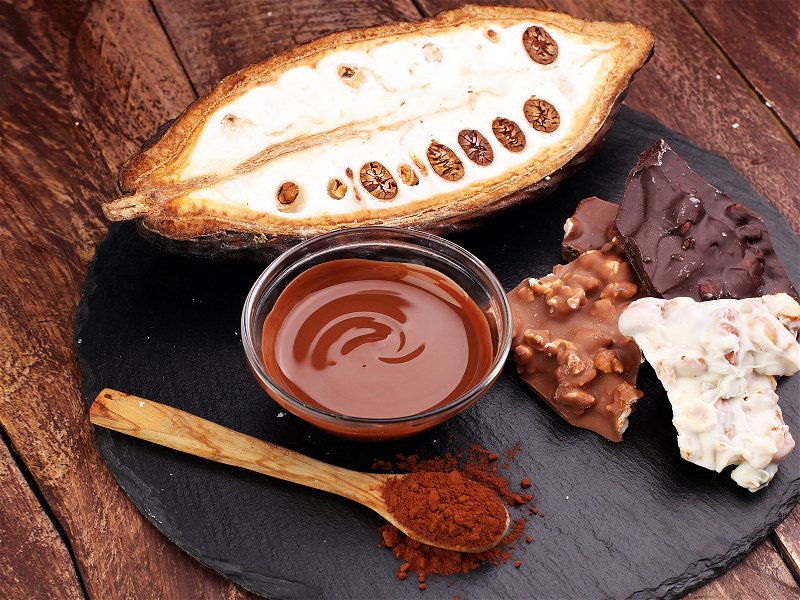Top 10 curious culinary superstitions
In Portugal wine is diligently spilled, the Greeks fear parsley, and in South America grapes are used to prophesy the future.
On Friday the 13th, myths about misfortune, superstition and conspiracy theories gather around the world. To celebrate the day, we have gathered some interesting as well as curious myths from around the globe. But let's not be superstitious, it only brings bad luck.

Bananas are better not brought on board a boat; sailors fear that the fruit will bring bad luck and reduce fishing or that they will be lost at sea. The origin of this superstition goes back to the Caribbean trade of the 18th century. The wooden sailboats of the time had to be fast to deliver the bananas before they spoiled - but that made it difficult to catch fish on board.
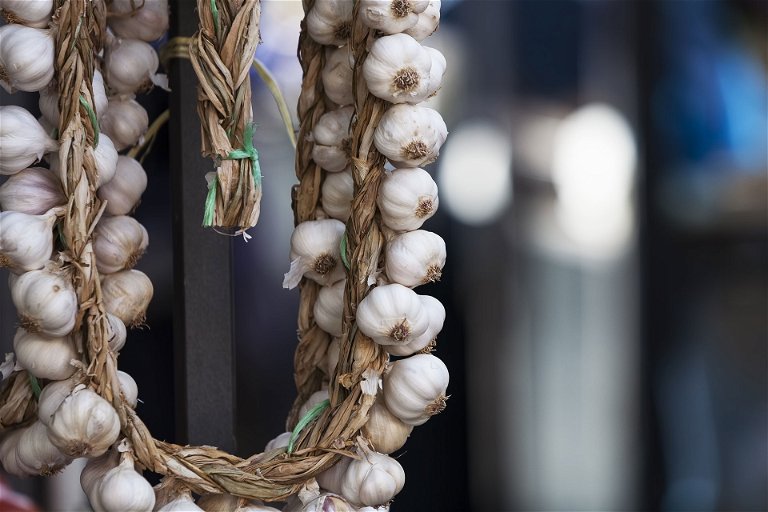
Garlic is said to ward off evil and vampires. Just hang it on your door or wear it around your neck. One is then protected from all evil, but perhaps not necessarily from evil glances.
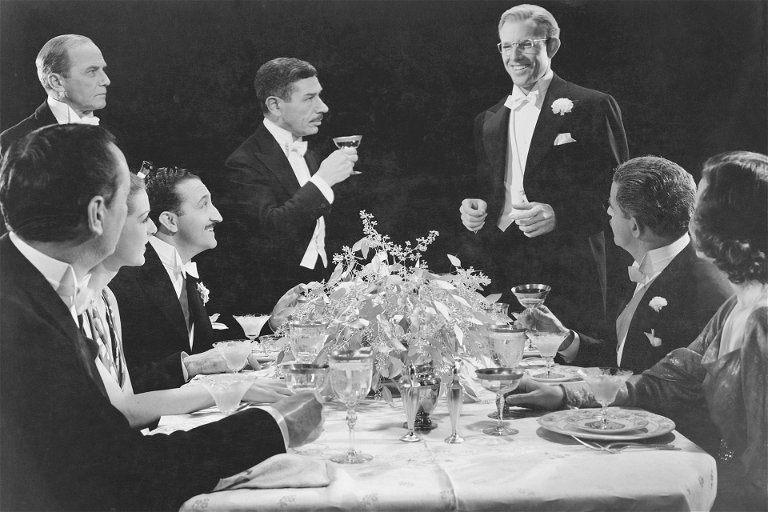
In France, it is believed that 13 guests for dinner brings bad luck. There is even a belief that then a person of the table will soon die. This myth has also made it into some movies and books: in Agatha Christie's detective novel "Thirteen at Table", the good Lord Edgware was probably one too many. And Judas was also the 13th guest at the Last Supper - and we know how that turned out. Maybe you should check the guest list again before the next dinner party.
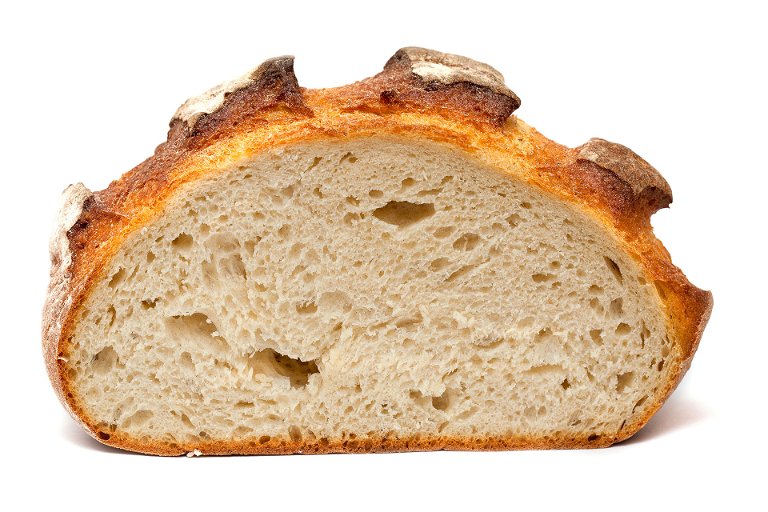
However, it can also be dangerous with bread: according to popular belief, if there are large air holes in the bread when it is cut open, it means that an acquaintance will die very soon. The hole in the bread is to symbolise a coffin.
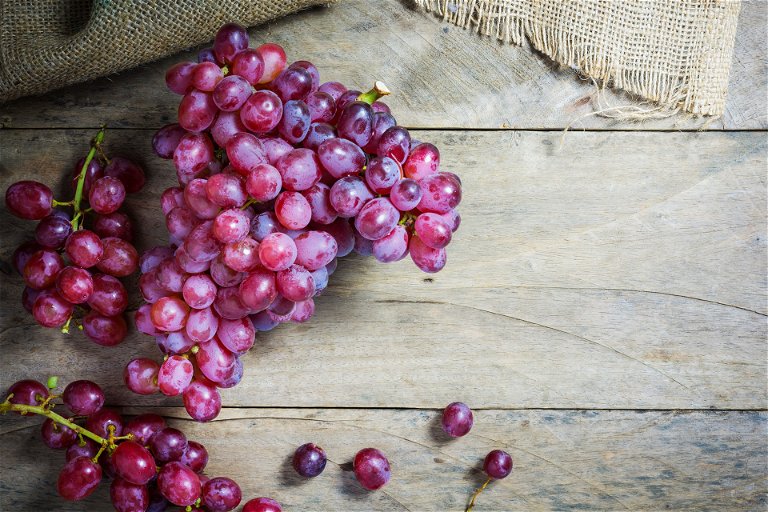
We knew that grapes give us delicious wine - in South America on the other hand, people also believe in the prophetic power of grapes. There, exactly twelve grapes are eaten on New Year's Eve; the taste of each grape reveals how the respective month will be in the next year. For example, if the fifth grape is sour, you can already prepare for a bad May.
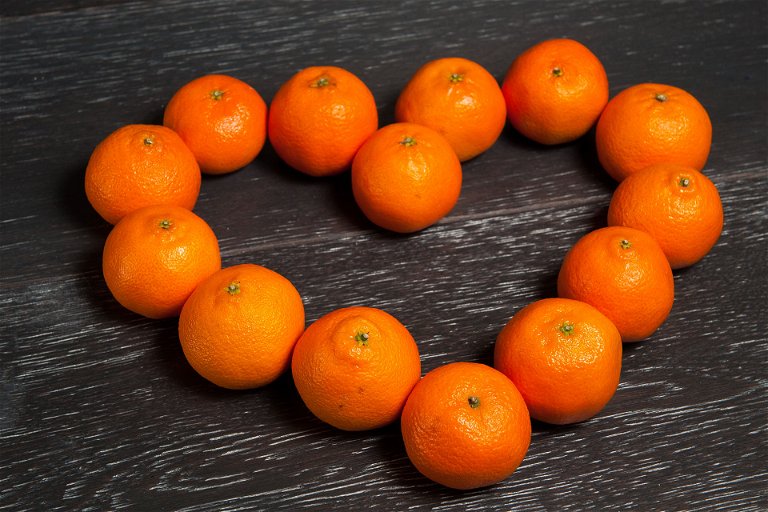
The orange is also said to have a magical effect: giving someone an orange is said to help them fall in love with you.
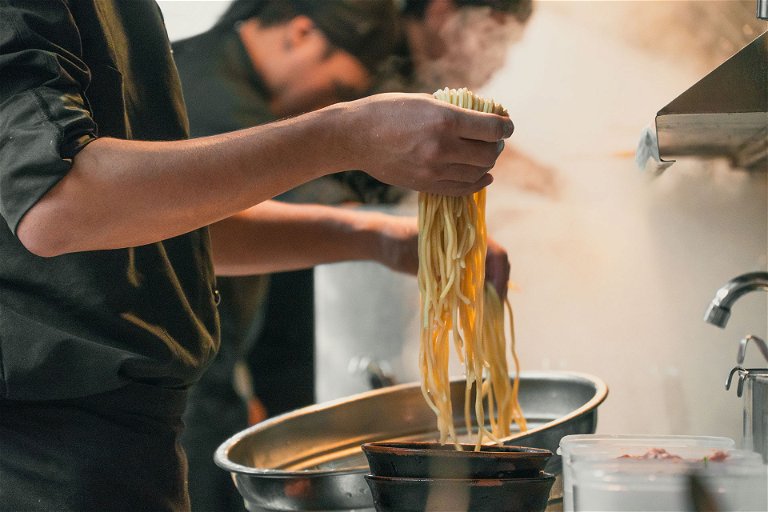
Don't break any noodles; according to Chinese belief, the length of the noodles represents the length of one's life. If you break or cut the noodles, you thus also reduce its lifetime. Whether you're superstitious or not, cutting pasta is considered a no-go in the Mediterranean anyway, and would certainly elicit a " Mamma mia!" from one Italian or another.

In Portugal, if you spill wine, you may even be celebrated. It is said that this little faux pas brings good luck to all the guests at the table. Happiness at the table should therefore - in purely mathematical terms - increase in proportion to wine consumption. In this country, it is even said to bring good luck if one or the other wine glass breaks. The saying "broken glass brings good luck" derives from Jewish weddings: the groom smashes a glass at the wedding ceremony - symbolising the destruction of the Temple in Jerusalem - to ward off bad luck and invoke good fortune. Mazel Tov!
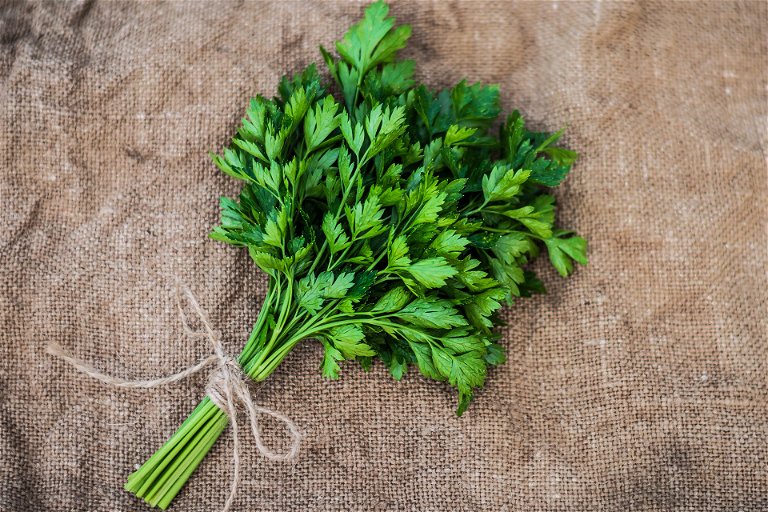
If you ever get the unconventional idea of bringing parsley as a gift to a dinner party, don't: it's said to bring bad luck. The ancient Greeks considered parsley the sacred herb of death. According to history, during a battle between Greek and Celtic groups, a cunning leader covered one hundred donkeys with the dreaded parsley and thus put the Greeks to flight.
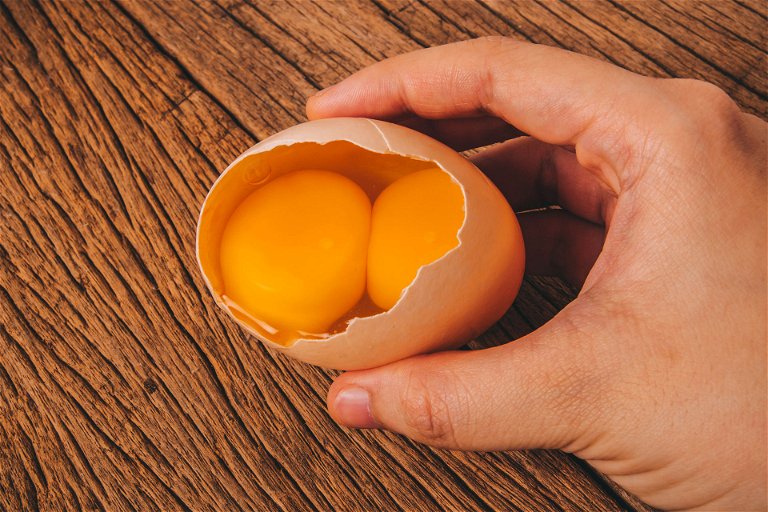
In many parts of Europe, eggs were once used to predict the future: two yolks in an egg meant that a wedding would soon take place or that someone you knew would soon have twins. A black spot on an egg yolk was a bad omen - and an egg without a yolk meant the end anyway.

